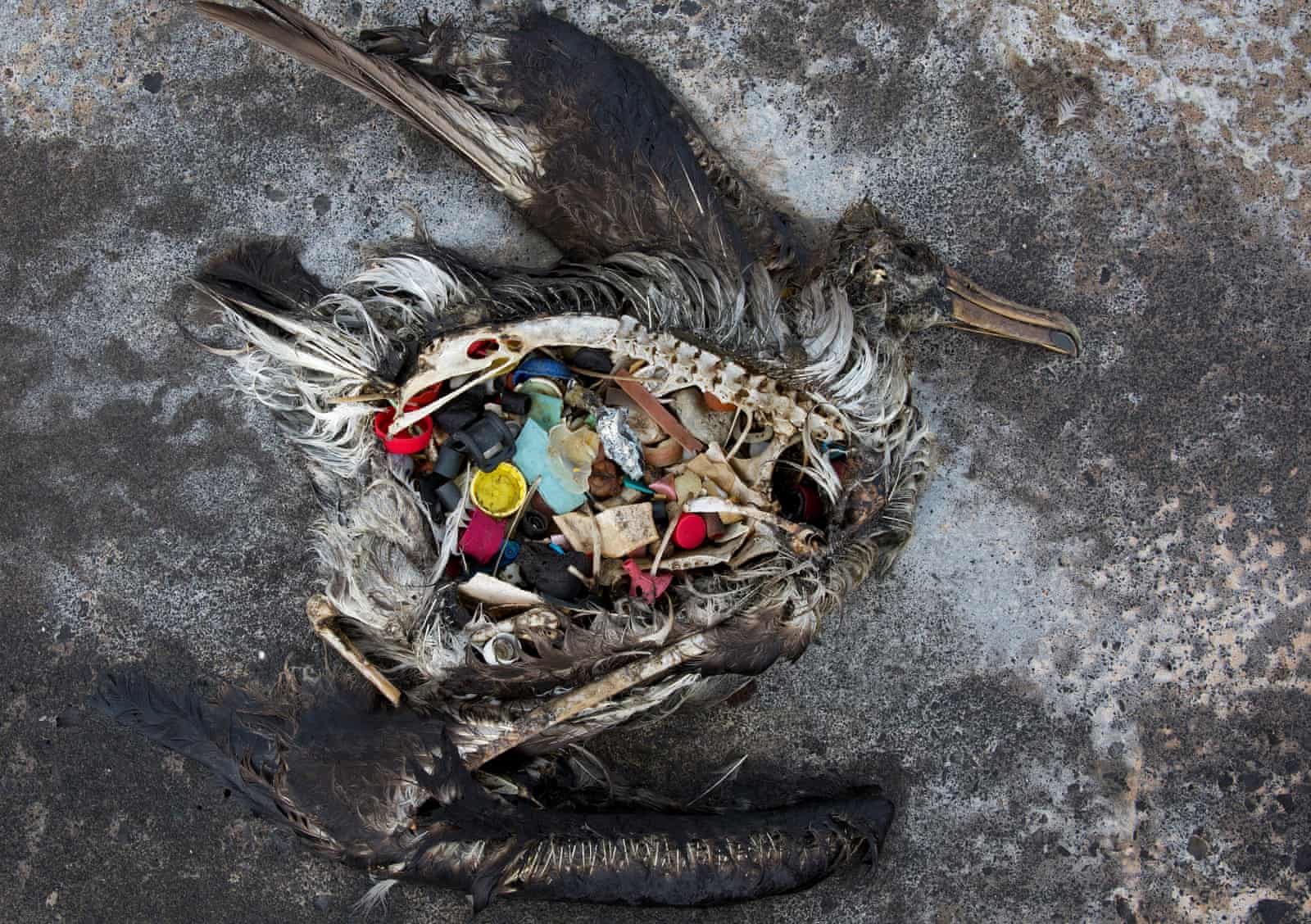de Queiroz et al. had did a study on the sustainability of pesticide use in coffee production. Out of the 59 active ingredients that are detected in pesticides, the team found that about 37% of ingredients are toxic to humans and animals, and 47% to the environment. The most common ingredients belong to the organophosphorus class and the pyrethroid class. Poisoning from organophosphorus pesticides are said to cause respiratory failures, seizures, muscle weaknesses, and comas (Vale, 2015), and pyrethroid pesticides are said to cause sore throats, abdominal pain and nausea (Bradberry et al., 2005). Environmental impacts include the acidification of soils and increasing resistance to weed species (Mulla et al., 2019).
Alas, pesticide poisoning is typical in countries producing coffee. In Brazil, the world largest producer for instance, the Human Rights Watch (2019) reported that exposure to pesticides is reponsible for at least 100 deaths in a rural school within the state of Parana alone, causing one to wonder the extent of impact pesticides can have on the whole of Brazil.
Besides direct exposure, the impacts of pesticide pollution can be felt globally. Due to the trade networks established, chemical laden coffee beans are transported and consumed easily worldwide. Toxins may bioaccumulate within those who consume the coffee made from these beans, which endangers their health in the long run.
While there are detrimental heath impacts brought about by coffee farming, it is difficult for coffee addicts to abstain from coffee. Perhaps supporting organic or sustainbuluty certified beans would be the way to go.


No comments:
Post a Comment